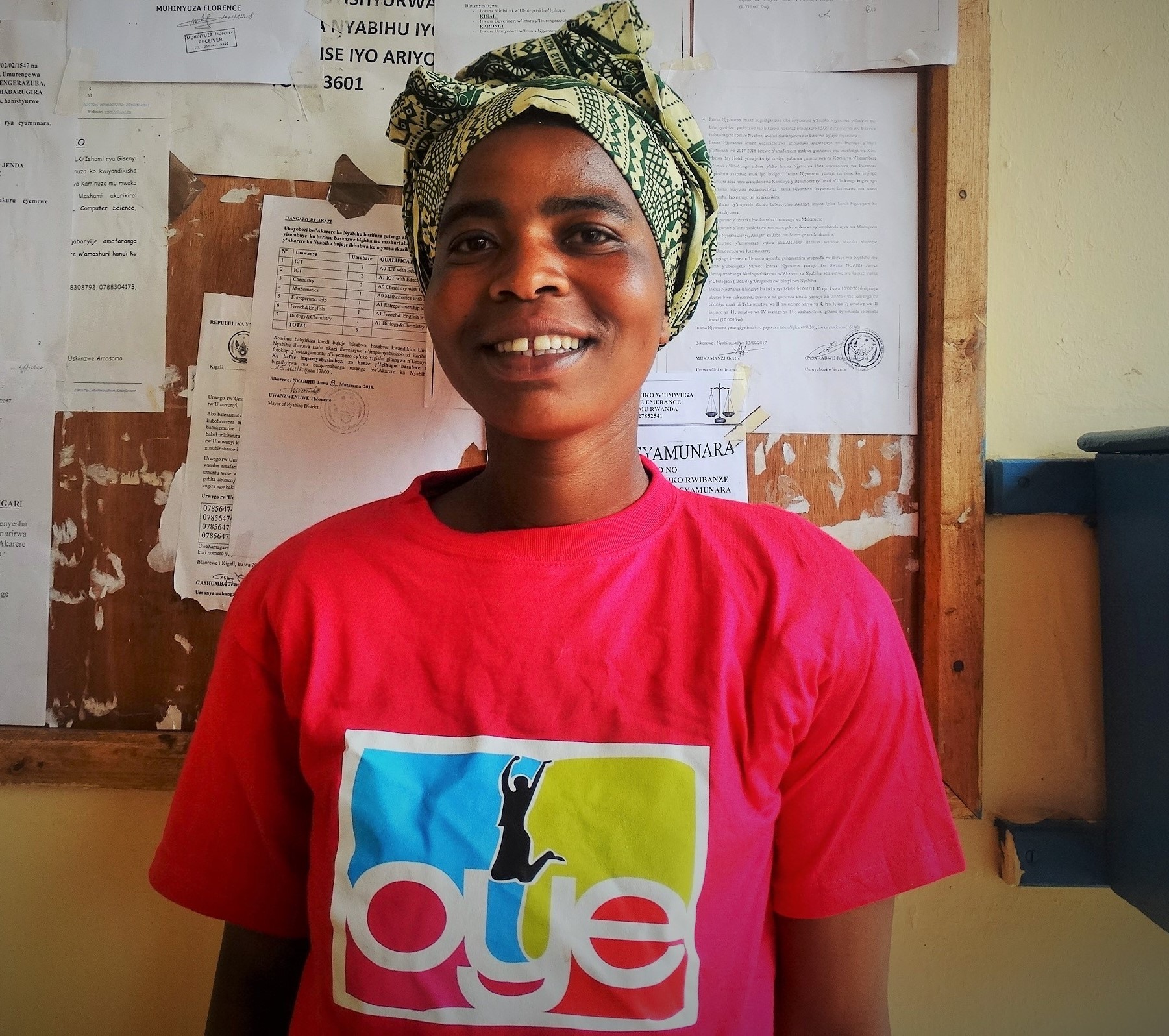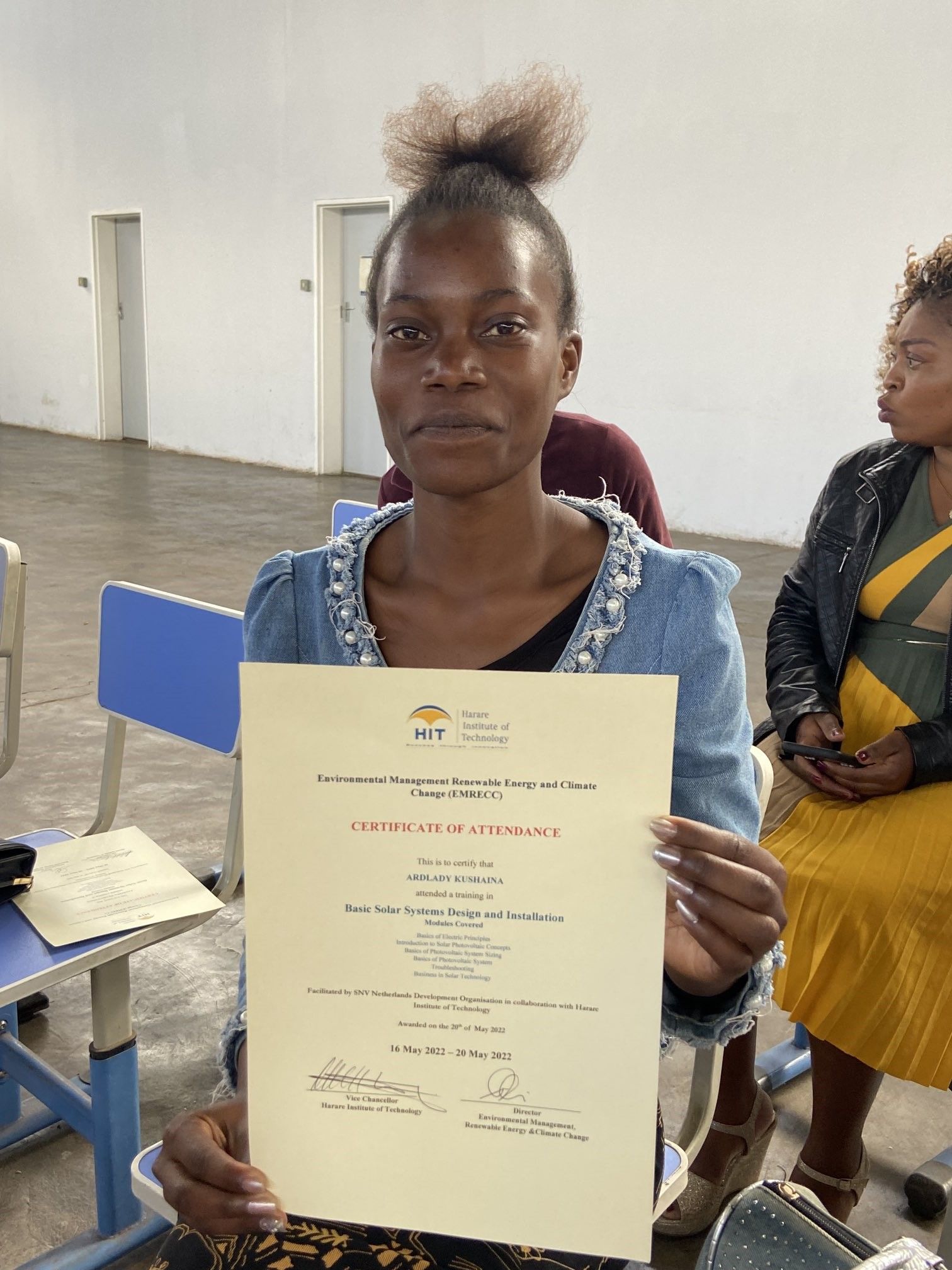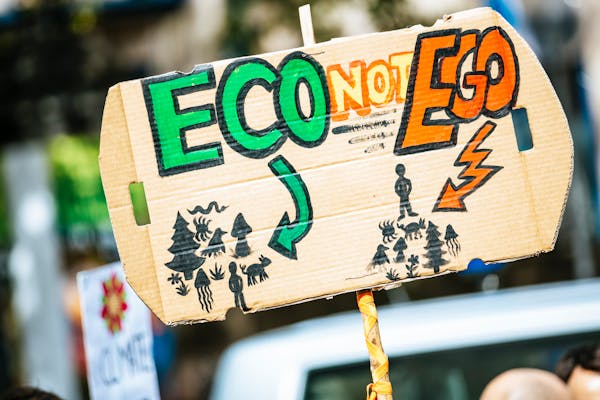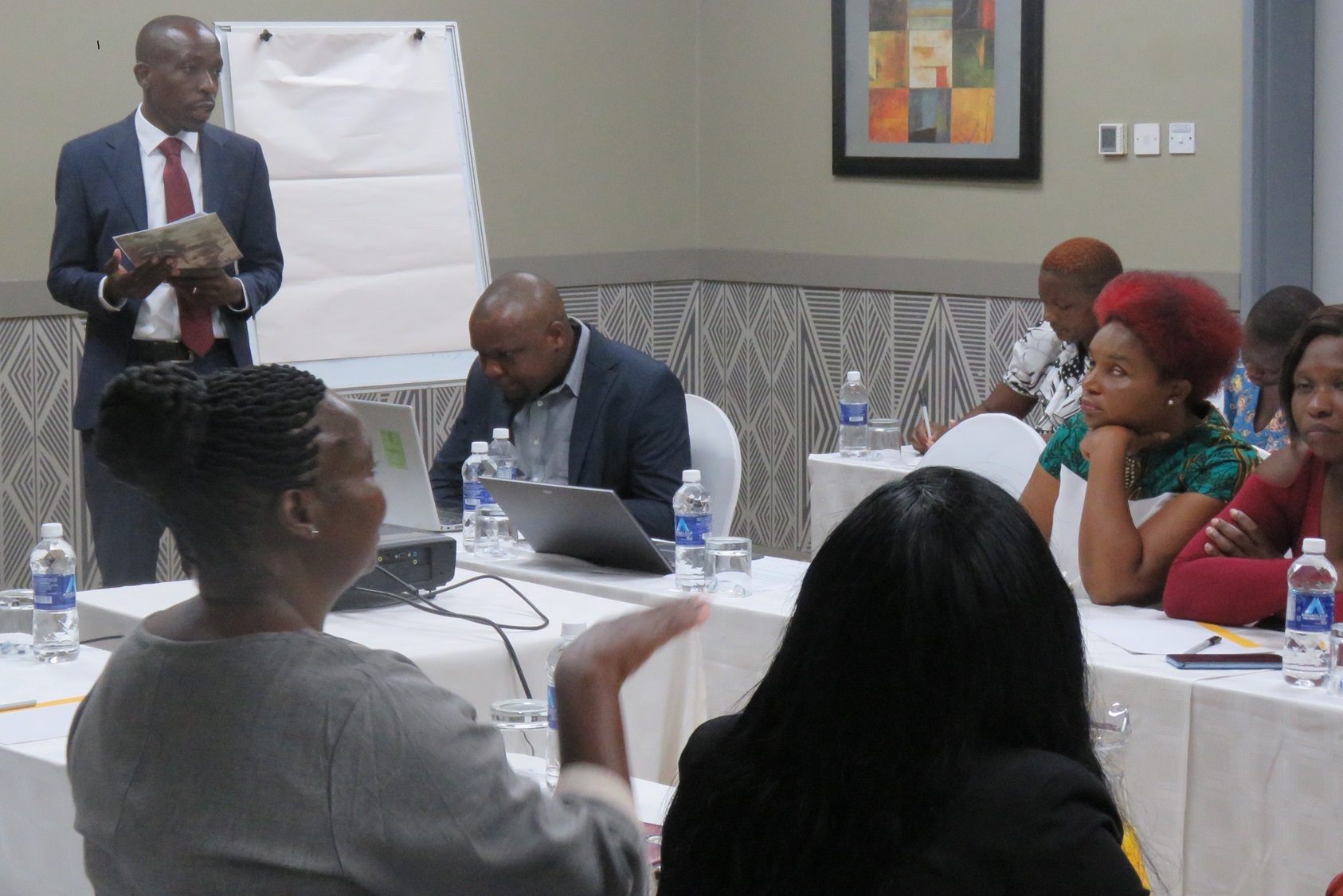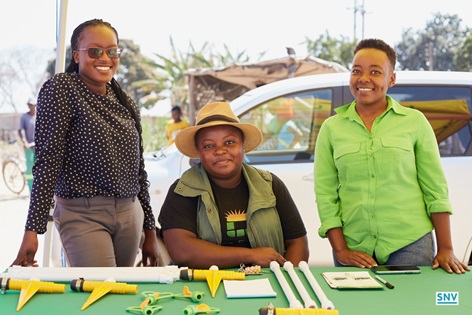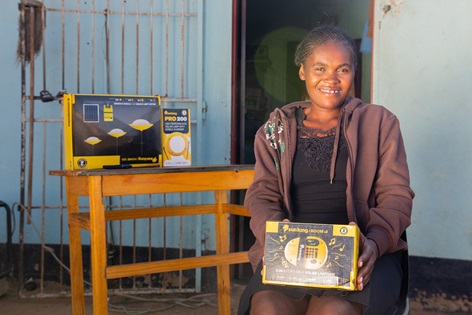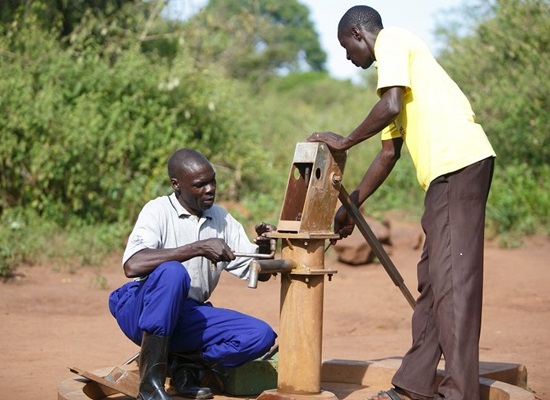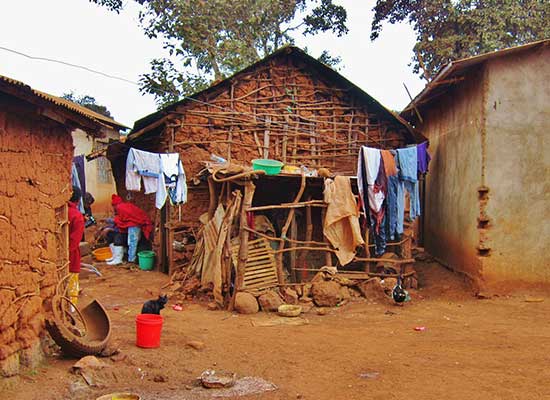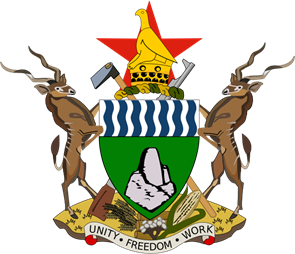
Empowering Future Eco-Leaders
Engage, Learn, Lead! Explore interactive modules, fun activities, and inspiring stories tailored for young minds. Join us in shaping a greener, brighter tomorrow!
Learn More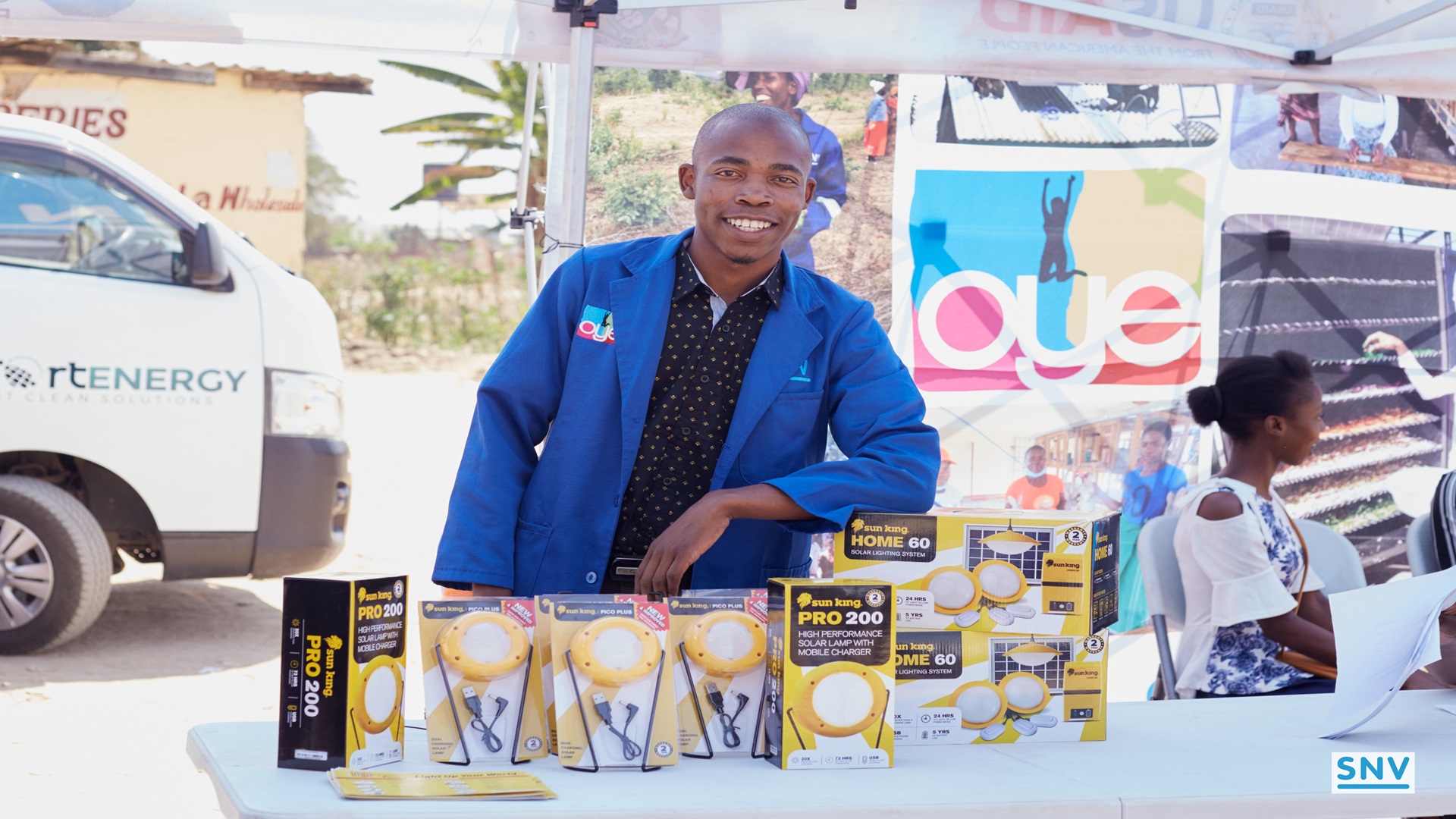
Inclusive Climate Solutions
Accessibility for All! Accessible learning materials, inclusive design features, and a supportive community. Let's ensure everyone's voice is heard in shaping a sustainable future.
Learn More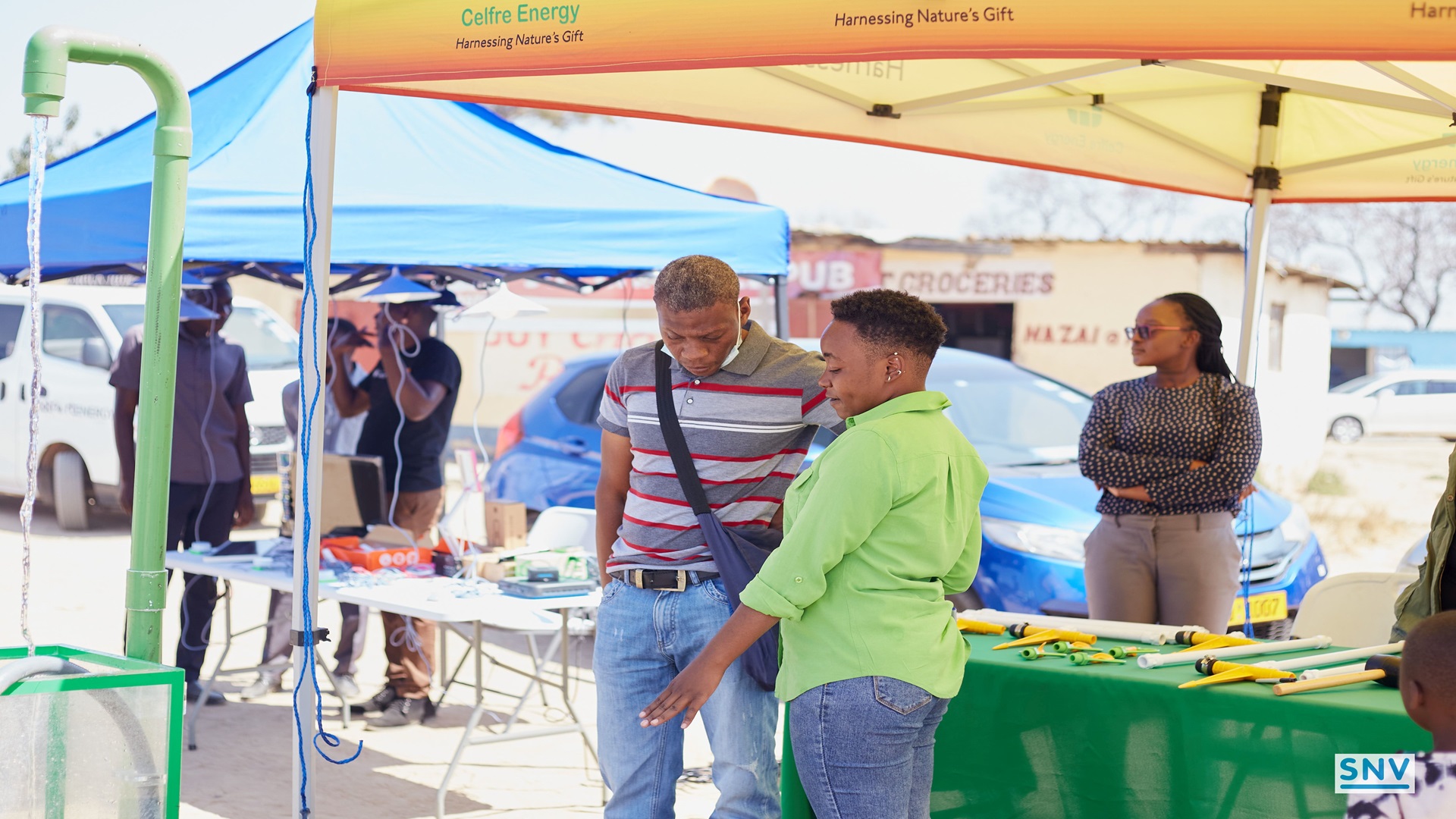
Women Driving Climate Action
Unleash Your Potential! Discover resources, networks, and opportunities for women in climate leadership. Together, let's break barriers and create lasting change.
Learn More